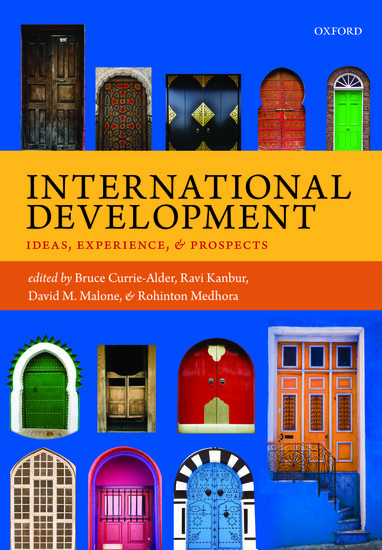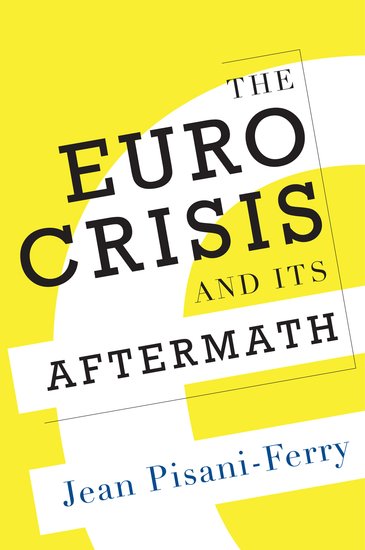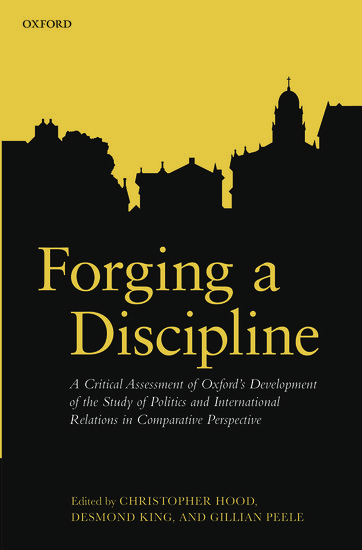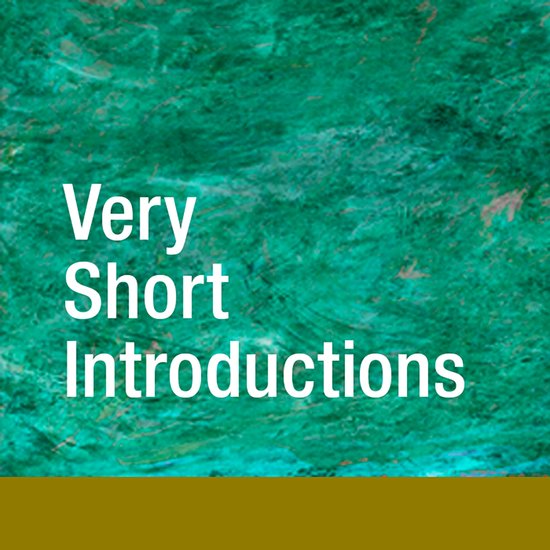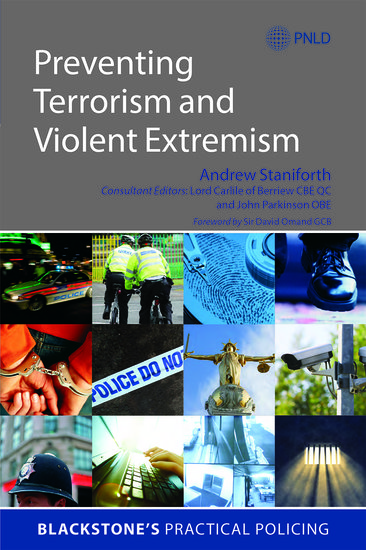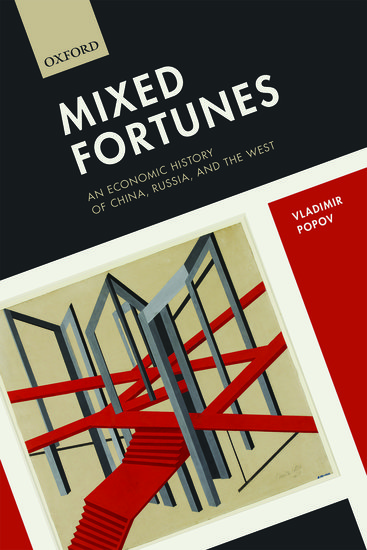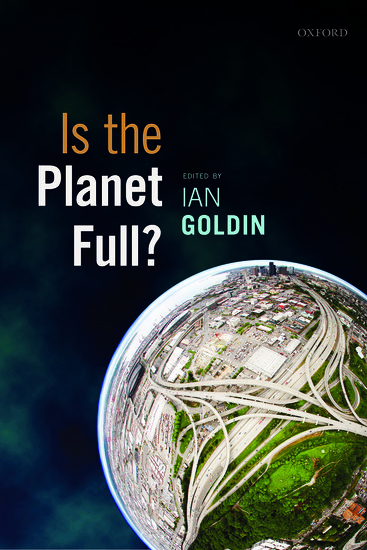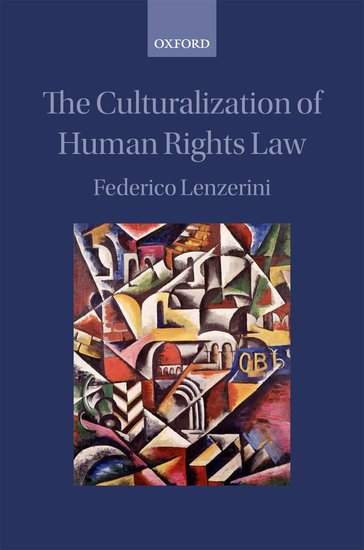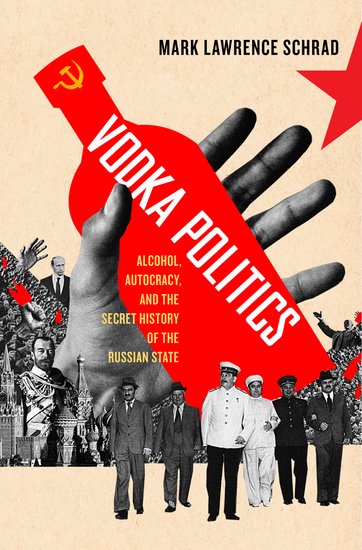Pulling together or tearing apart
By Bruce Currie-Alder Is thinking on international development pulling itself together or tearing itself apart? The phrase ‘international development’ can be problematic, embracing multiple meanings to those inside the business, but often meaningless to those outside of it. On the surface, the Millennium Development Goals and debates towards a post-2015 agenda imply a move towards […]

